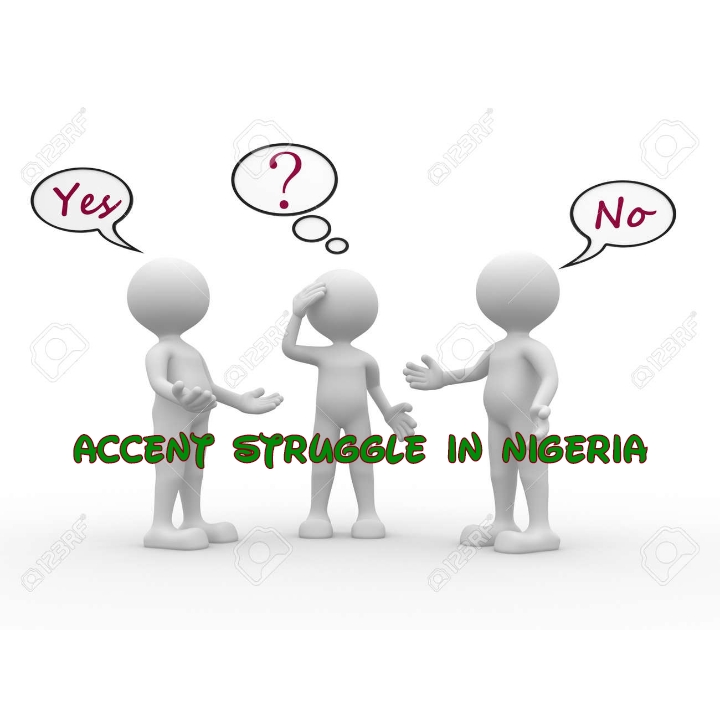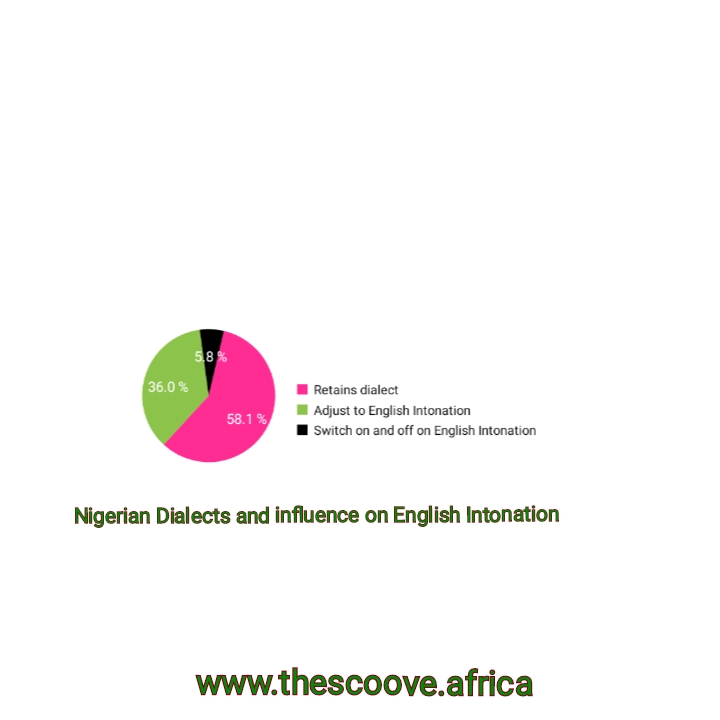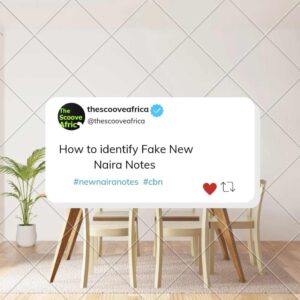
Credit: 123RF
Accent in Nigeria/ Accent and Accent Struggle in Nigeria
Overtime, the Accent issue in Nigeria has always been a struggle and even if you didn’t know this before, you are a part of the struggle. To achieve the purpose of this article, let us understand what an ‘Accent’ is. Simply put, an Accent is distinguished by Pronunciation. Therefore, Accent in Nigeria refers to the different forms of efforts made by Nigerians to achieve the standard of English Language through pronunciation.
Meanwhile, let me bust your bubbles first, there is no received pronunciation in Nigeria and whatsoever efforts you have been making to get that British or American accent, drop it. It does not mean you are better in English Language articulation than a person who speaks ‘normally’
Don’t get confused, I will give you some reasons to justify your ‘normal speaking’ of English Language.
Let’s Journey together.
History of Accent in Nigeria
It always starts with colonization. Meanwhile, that is not the focus of this article. When Africans were colonized, the colonizers could not understand our several languages and this created a very big problem for their rule. Therefore, they had to establish schools where their language was taught and also to enhance easy communication in their colonies.
With independence came the need to adopt a Foreign Language as the lingua Franca of African Countries. Countries that were colonized by the French, adopted French and Countries colonized by Britain adopted English. It was at this point of adoption that the struggle sprang up, to understand English, speak it fluently and sporadically use its grammar and rules as correctly as possible.
Meanwhile, what a lot of people do not get is that English in non-native settings is referred to as ‘Norm-developing’. It is almost never standardized. There is no Received Pronunciation or standard form and the reason is not far-fetched.
The Language and Dialect ‘problem’ in Nigeria
There are over 525 languages in Nigeria according to Blench 2019 Language Classification and out of these languages, there are almost twice the dialects. Let me tell you a quick difference between a language and a dialect.
A Language is:
The super-posed means of communication whose vocabulary, spelling, pronunciation and Grammar is generally accepted wherever it is spoken or written. Examples: Yoruba, Hausa, Igbo.
A Dialect is:
A variety of a language, spoken by a group of people in a particular geographical area. For example, In Yoruba land, Ijesha is a dialect. The Ijeshas speak Yoruba but it is a variety of the language and not exactly the language itself. Some Grammar, spelling and vocabulary are changed.
Because these languages and Dialects have peculiar tones, it is very hard for speakers of these languages to master the English Language intonation. That is why you can easily detect a Hausa Man when he is speaking English. The tone is inherent.
Most Yorubas get lucky with it because Yoruba is a flat-tune language, so they are able to master the English Language intonation. Meanwhile, most of them still have their dialects strongly embedded in them, so it becomes very hard to unconsciously use the English Language Intonation.
From the pie-chart above, only about 36% Nigerians adjust to English intonation. The rest retain their dialect or switch on and off on English intonation
The Accent Struggle in Nigeria
Have you ever heard someone speak English so well that you turned your head to look at the person and wished you could speak like that too? And no, I am not talking of Americans or Brits. It is in the quest to speak English perfectly that most people try as much as possible to fake the British Accent so it appears as if they can speak the language well and have a mastery of the language.
News flash….they are wrong.
Most of these people do not even have a complete mastery of the Grammar and Vocabulary of English Language before they start faking an accent to sound original or educated. It is a shame that ignorant people around them encourage them and grin saying:
“I wish I could speak English like you. Your “phonetics” is on point”
Which phonetics?
“see fine Accent”
Smiles, if only you know what he is going through.
Honestly, think of it. Chinese speak English with their Chinese Accent, Indians speak English with their Hindi accent, The French speak English with their French Accent, but when Nigerians speak English in their Languages’ accent, they are local.
My point?
When Indians, Chinese or The French stand up to talk or give a speech in English, no one laughs at them and say they lack the Accent of Americans or Britons. They are not supposed to have it. It is the same way An American cannot have the Yoruba, Hausa or Igbo Accent.
It is so pitiful that Nigerian parents would rather their kids speak English fluently and not their mother tongue. They raise them with the L2 (Second language) and not their Native Language which is supposed to be their first language. Kids therefore struggle to understand, speak and read their own mother tongue, all the while doing it with a funny accent and no, it is not cute.
There have been so many cases of Accent struggles in Nigeria and believe me, every one of them has been a shame back to back. I mean, one that you will want to cover your face for the person and say “can’t you just talk normally?”
In most cases, these people, in a vain bid to sound ‘refined’ have to hold their breath because they do not even understand the English intonation. Some of them do not even sound normal.
It becomes easily noticeable when people use the following expressions:
a) The ‘t’ is weakened (common among the British)as in:
“Do you want to ge’ it?
I want wa’er
Wa What?
b) The ‘t’ is strengthened; becomes voiced (common among Americans) as in:
I wrote a le(de)r – letter
You want a bo(d)le of water?- bottle.
Believe me, the struggle is real.
You don’t want to miss: Skin and Skin commentary in Nigeria
Don’t get me wrong, if you fake it and you sound it, congratulations. But wouldn’t it be freedom to sound as oneself? No one is going to nail you on the cross for not using an accent and neither will it decrease your supposed English mastery. I don’t use an accent and I have gotten so many comments about how good I sound when I speak English.
Honestly, you don’t have to engage in any struggle just to end up sounding like a colonized person who doesn’t know who he is.
Takeaways from this article:
Sweetheart, your English is correct.
If you want to gain mastery of the English Language pronunciation, learn Intonation. There are online courses about it.
Faking an accent is not synonymous to being able to speak English correctly.
There is nothing wrong with your native accent interfering with your English Language articulation.
English in Non-native settings has not been standardized.
Unlike Britain, In Nigeria, there is no received pronunciation, people still struggle with the correct pronunciation of words like “Church”
This article has been able to explore issues on Accent and Accent struggle in Nigeria and how to not get swamped by the need to fake an accent before been able to gain mastery of English Language.
Image Credit: 123rf
Go to home
Did you enjoy this article? Let me hear your thoughts in the comment section!
Did you find this article helpful? Share to your friends via the sharing buttons!









